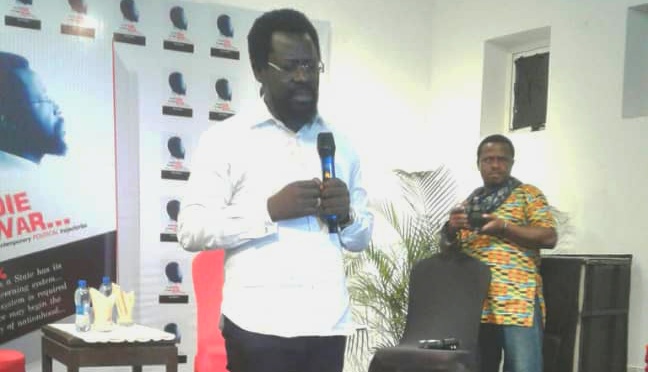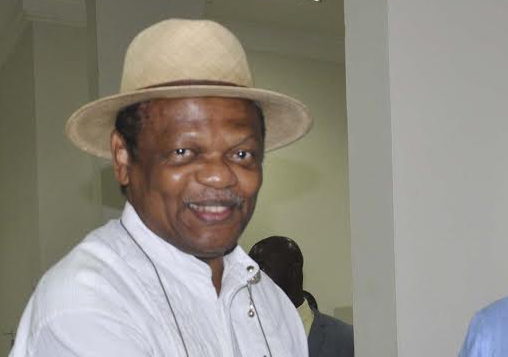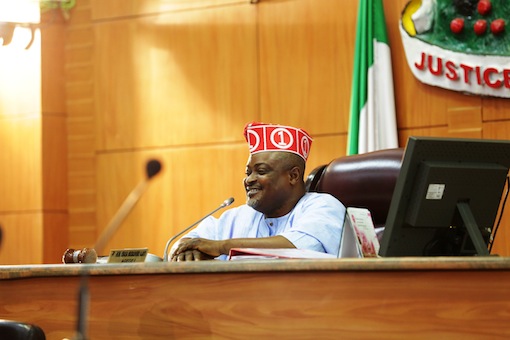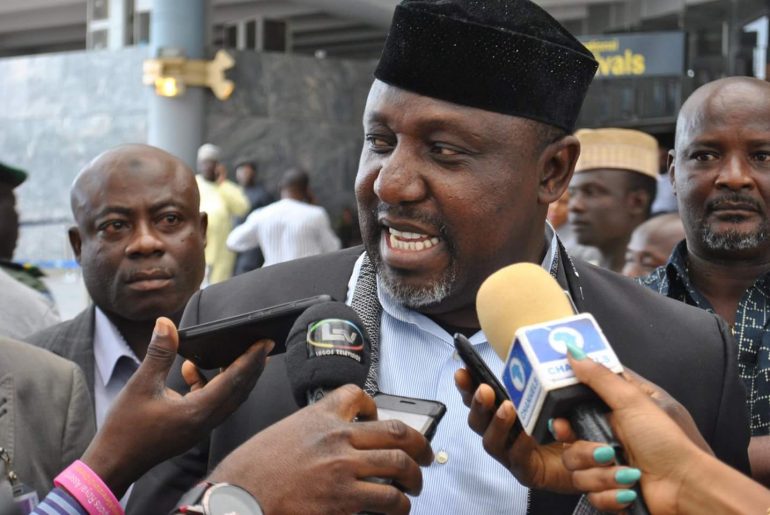Dele Farotimi, a legal expert and political commentator, on Tuesday launched a book titled “Do not Die in Their War”.
The book captures Nigeria’s developmental trajectory and how the country can be salvaged.
Speaking at Freedom Park, Lagos Island, where the launch held, Farotimi attributed Nigeria’s problem to its constitution, lamenting the “weaponisation of poverty” by Nigerian leaders.
He said Nigerians had been driven so hard that they now focus on existential priorities.
Advertisement
Farotimi called for a movement away from “unceasing complaints” in favour of an action-oriented to democracy.
“Our people have become almost incapable of connecting their problems with obvious solutions. We all pretend not to see,” he said.
“Watching Buhari being presented as the solution to Nigeria’s problems, it became clear that the bane is the system itself — not persons.
Advertisement
“Nigerians, in 2015, came together to remove Jonathan, a systemic error and the beneficiary of Obasanjo’s second-term hubris. But, if anything, things have only progressively worsened from what it was.
“Bring 10 successive Barrack Obamas without addressing the fundamental problems that undergird the country and you’ll only have successfully distracted our attention from the real problem and only push it further.
“I’m not unfamiliar with the murderous tendencies of my country. But silence is no longer an option.”
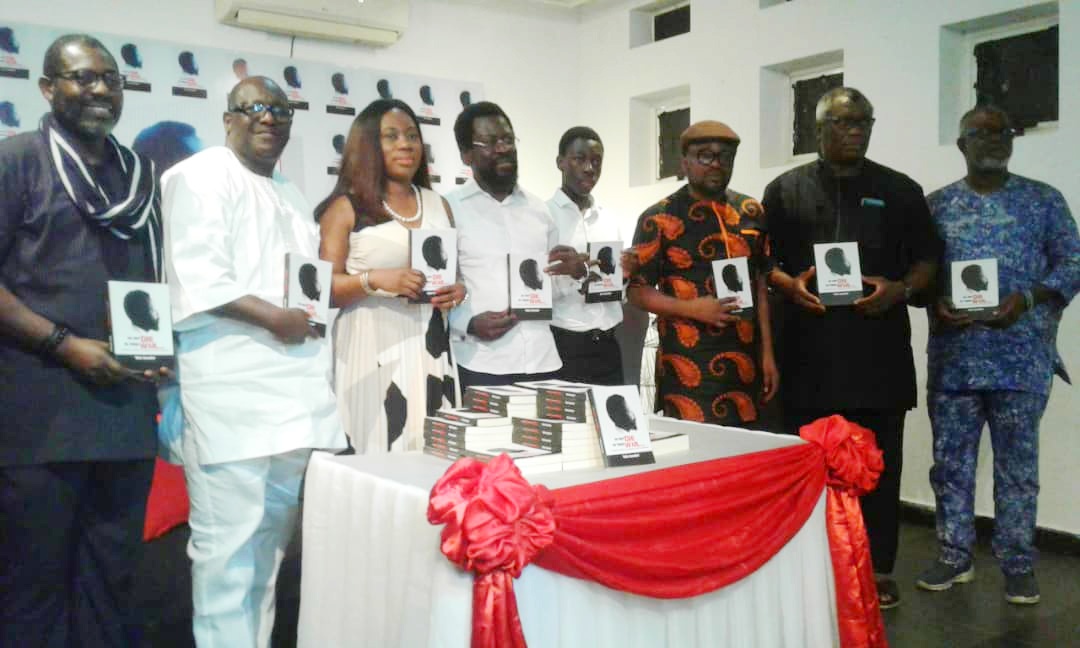
Commenting on President Muhammadu Buhari’s response to the police reform bill forwarded to his office, Farotimi criticised the president for not taking action on it immediately.
Advertisement
“Too many things are wrong with us but we abandon leprosy and embark on a ringworm curing exercise, a total waste of time,” he said.
“The senate forwarded a bill on state police to our messianic president. That bill received no attention but we woke up to headlines claiming he approved it. As if he could just sign and then it becomes.
“The sooner we come to terms with the need to reinvent our country, the better for us.”
He faulted talks about constitutional reform and advocated for the institutionalisation of an utterly new system.
Advertisement
According to him, only a working constitution can be reformed.
“After the abrogation of our constitution in 1966, we moved increasingly away from federalism, became a unitary state and perfected an exploitative system with the only difference being that our colonial masters are not whites this time around,” he said.
Advertisement
“The Nigerian system cannot be reformed. We have to imagine Nigeria based on a different system. You deal with the reformation of something that is intrinsically good but needs to be tweaked to make it work better.”
Advertisement
Add a comment

